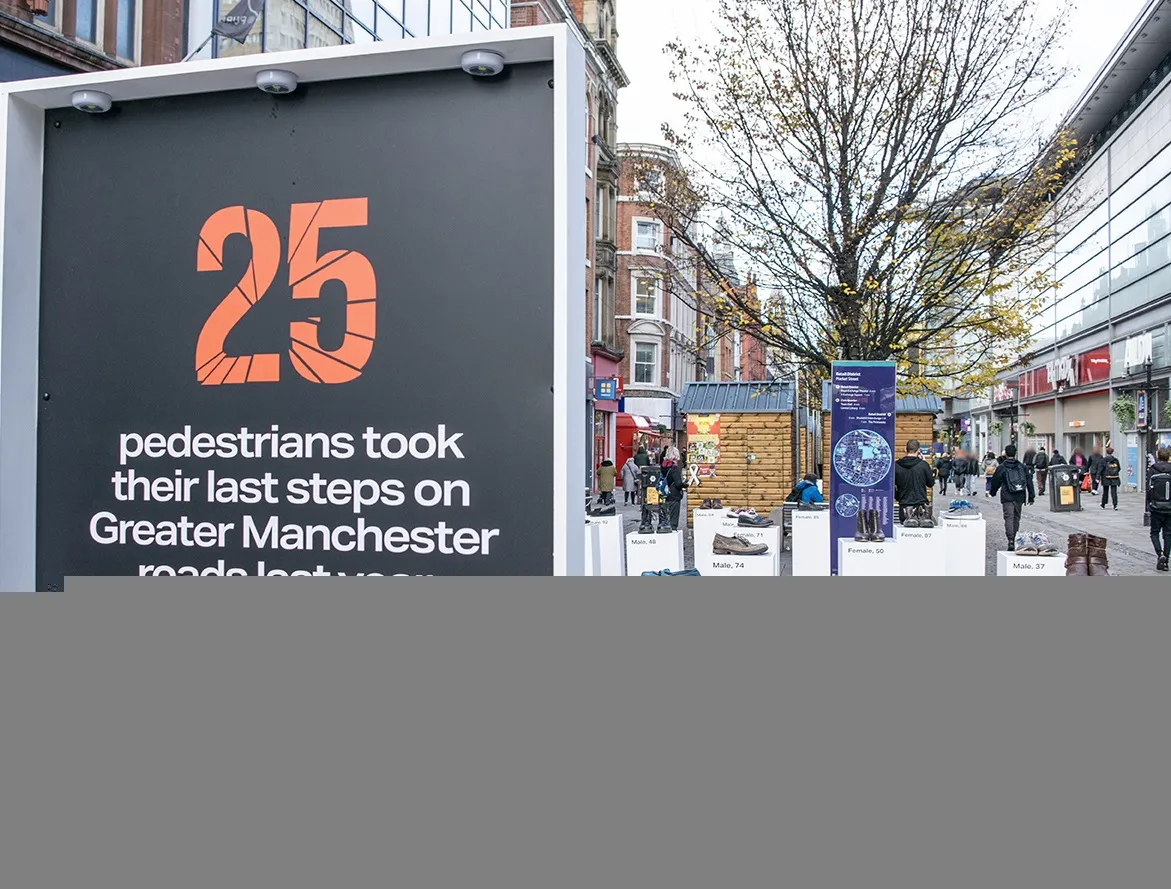The perception of cyclists as ‘hooligans’ who ignore the rules of the road is a false one, according to a new study.
"From our observations, we are unable to see any such anarchy among cyclists in traffic," says Sonja Forward, researcher at the Swedish National Road and Transport Research Institute (
As vulnerable road users (VRUs), cyclists’ behaviour in traffic is particularly important for their safety. VTI examined traffic on two bridges - Danvikstull and Liljeholmen – in Stockholm and concluded that “people who complain that it is common for cyclists to bike however they want without due care and attention to others, are wrong”.
"There are, of course, those who are not considerate, but they are the exception rather than the rule,” adds Forward.
In its study, VTI found that:
- Both cyclists and pedestrians are good at keeping to their own surfaces
- Conflicts between cyclists are more common than bust-ups between cyclists and pedestrians
- Cyclist/pedestrian problems occurred most often when pedestrians walked on the cycle lane - it was not as common for cyclists to stray onto the walkway
- Motorists not giving way at junctions was the cause of the most serious arguments
“We saw cyclists who had the right of way when crossing and motorists who failed to give way,” Forward continues. “We also saw drivers who were considerate and acted as they should, but then other drivers behind beeped their horns.”
VTI recommends that, in places with a large number of cyclists, they should be separated from pedestrians. The organisation also wants the width of cycle lanes increased and for overtaking lanes to be introduced on uphill sections. Traffic signals should also be adapted for cyclists, in the same way they are currently adapted for motorists, VTI concludes.










